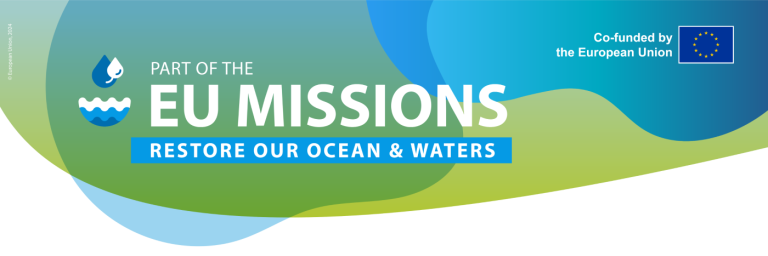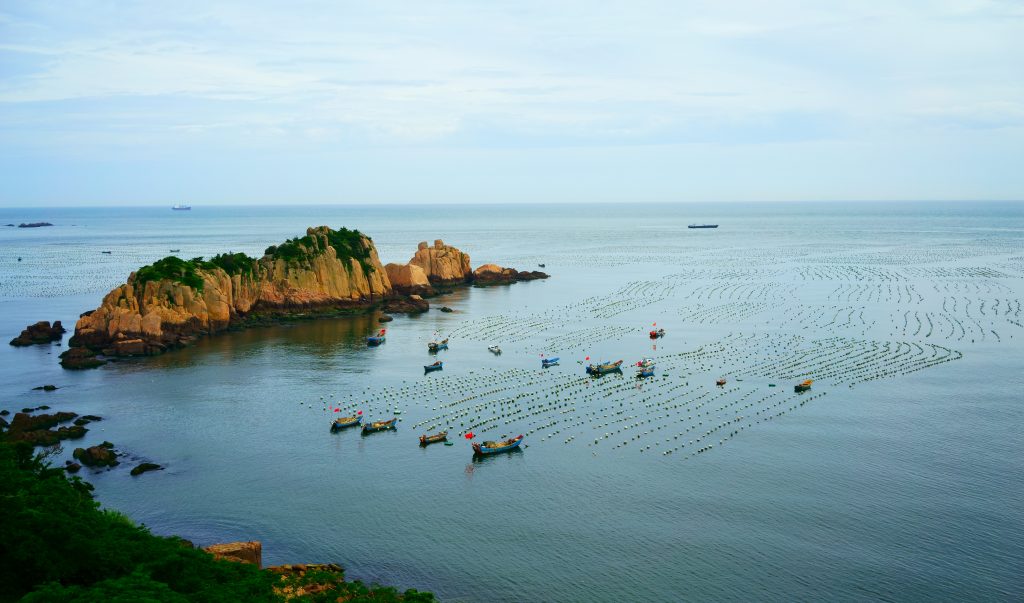

A Mission-Aligned Action for Healthier Oceans
We’re thrilled to share some big news: VeriFish has officially been recognised as a Charter Action under the EU Mission “Restore our Ocean and Waters by 2030”!
This recognition isn’t just a badge of honour — it’s a powerful signal that VeriFish is making a real contribution toward Europe’s most ambitious environmental goals. As part of this collective Mission, we join hundreds of actions working to heal our oceans, rivers, lakes, and coasts.
Whether you’re a policymaker, seafood producer, or curious consumer, your use of VeriFish tools supports this shared journey towards sustainability, traceability, and better food systems.
Being part of the Mission Ocean Charter means we’re not just talking sustainability — we’re shaping it
How VeriFish Supports the Mission Ocean and Waters
The Mission Ocean and Waters Charter revolves around three powerful objectives. VeriFish is helping bring them to life through innovative data tools, consumer education, and stakeholder collaboration. Here’s how:
🌱 1. Restore ecosystems & biodiversity
We help seafood lovers and buyers choose species that are responsibly sourced and biodiversity-friendly. When consumers know which fish are sustainably caught or farmed, they make choices that protect aquatic ecosystems.
🚫 2. Eliminate pollution
Our sustainability indicators spotlight practices that reduce environmental harm — from eco-friendly feeds to clean aquaculture systems. By pushing for transparency, we help reward producers who minimise their impact.
🔁 3. Support a circular, low-carbon blue economy
From emissions to waste, we track the invisible costs of seafood. By translating these into consumer-friendly formats (like traffic lights or nutrition-style scores), VeriFish empowers everyday decisions that favour a climate-smart, circular economy.
We turn complex science into simple choices — so everyone can help restore our waters.
Turning Recognition Into Real Responsibility
Being part of the Mission Charter isn’t just symbolic — it comes with real commitments.
VeriFish is stepping up to:
Our work is practical, collaborative, and rooted in the real-world impact of better seafood choices.
A Recognised Actor in a Europe-Wide Mission
Being part of the Charter means our action will soon be featured on the official EU Mission Ocean platform, alongside other leading initiatives working to restore the health of Europe’s waters.
Through this platform and future Mission events, VeriFish will connect with researchers, community leaders, businesses, and public bodies from across Europe — learning from others and sharing what works.
📣 This is about more than recognition. It’s a gateway to broader impact — aligning VeriFish with the European Green Deal, the Biodiversity Strategy 2030, and the Sustainable Blue Economy Strategy.
👉 Stay informed:
Change is happening — and we’re part of it.
Help Amplify the Impact of VeriFish
Now that we’re officially part of the EU Mission, we want to take our message even further — and we need your help.
Whether you’re a policymaker trying to shift food systems, a teacher looking to spark curiosity, a parent making dinner choices, or a seafood company leading the way — VeriFish gives you tools to make a difference.
🧩 What you can do:
Let’s build a future where every seafood decision — from purchase to policy — helps restore our waters.
Every verified fish counts. Every informed choice matters.